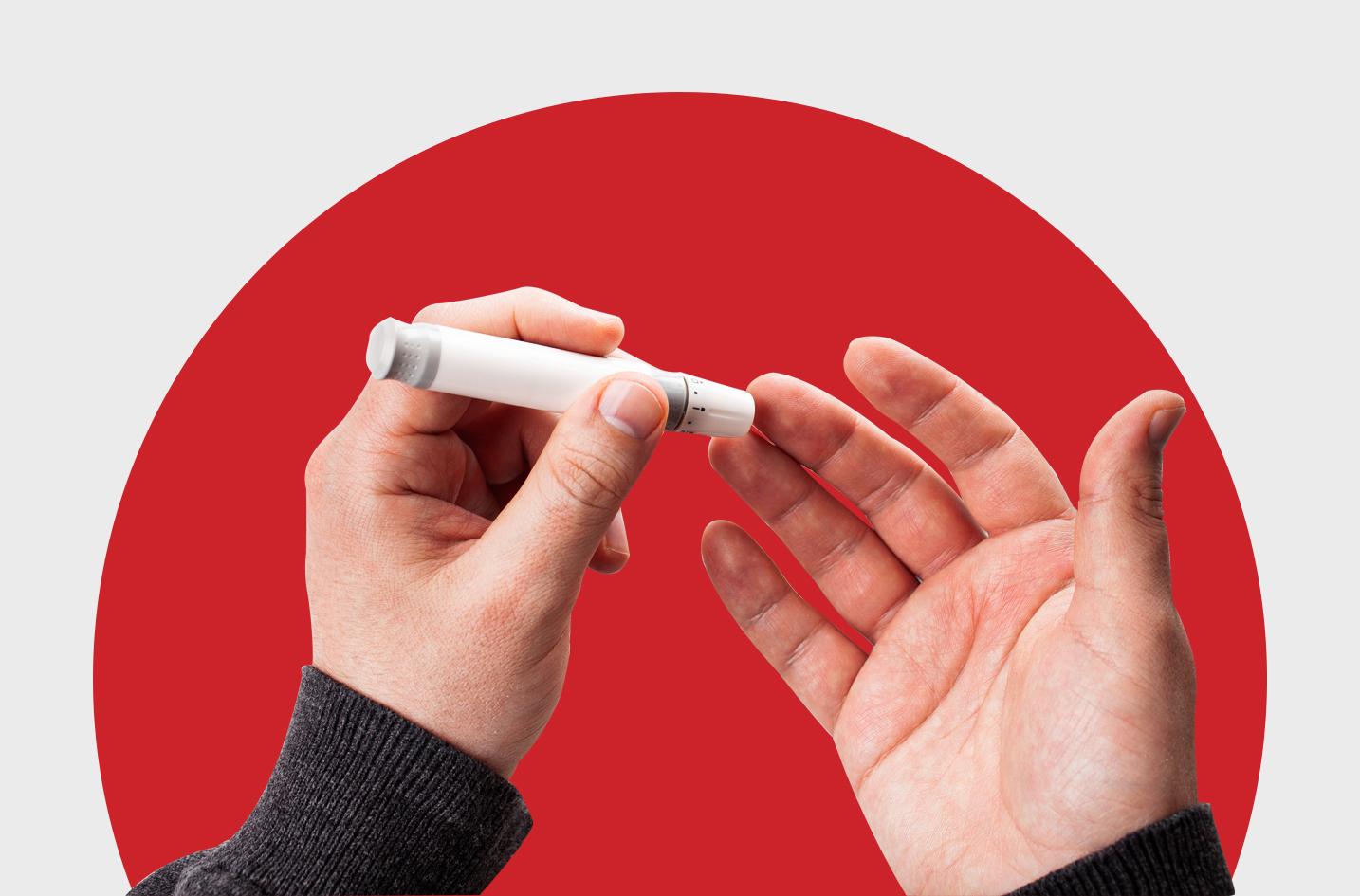#PINNED: Brave through COVID-19 and diabetic retinopathy

#Pinned makes it easier for young Filipinos to discover meaningful and enriching content and stories that will help them separate music from the noise, wheat from the chaff, and flowers from the weeds.
All our stories are written by young creatives who made it their life mission to know everything there is to know about how fellow young adults can make the most out of their limited downtime every day, every week.
During a pandemic with the Delta variant on the rise, you cannot avoid feeling helpless when you need to head out. You are probably scared of catching COVID-19 or even being a carrier, putting your loved ones in harm’s way. However, certain appointments need attending to.
Diabetes is caused by an increase in blood sugar due to insufficient production of insulin, a hormone that absorbs your sugar intake. The disease affects the small and large blood vessels in the body, so you better look out for complications that can link to the brain, heart, kidneys, and eye. With a compromised immune system, the effects of COVID-19 on patients with diabetes could put them at greater risk for complications like diabetic retinopathy.
It is a lot to take in, huh? We are here to help and to tell you that it is time to brave through COVID-19, and take that much-needed doctor’s appointment to consult about what diabetic complications you might be experiencing.
Dr. Joan Loy, an ophthalmologist and the President of the Vitreo-Retina Society of the Philippines, said that diabetic retinopathy is one of the many complications patients need to know more about.
Dr. Joan Loy, an ophthalmologist and the President of the Vitreo-Retina Society of the Philippines, said that diabetic retinopathy is one of the many complications patients need to know more about.
More than meets the eye
Diabetic retinopathy is a complication of diabetes in the eye. Elevated blood sugar causes changes in the blood and its vessels causing an increased aggregation of red blood cells and platelets, which leads to enhanced clotting of blood.
Early changes involve weakening of the normal retinal vessels, while late changes affect blockage of the small retinal vessels. Through time, this can lead to the formation of abnormal blood vessels, which may rupture and cause bleeding inside the eye.
Diabetes patients must be on the lookout for the following symptoms:
- Floaters, dark strands in vision
- Blurring of vision
Prevention and early diagnosis is key
Diabetic retinopathy can affect any age group, but the majority are in the working age population. It is the leading cause of new cases of blindness among the ages of 20-74 years old, Dr. Loy said.
The main goal of diabetic retinopathy is prevention and early diagnosis. Controlling your blood sugar is very important. Other factors that influence the progression of diabetic retinopathy must be managed too.
- Management of elevated blood sugar
- Elevated cholesterol
- Anemia
- Kidney problems
- Obesity
- Diabetes patient should quit smoking
- Physical activity for the diabetes patient is beneficial
By addressing diabetes in the time of the COVID-19 pandemic, early diagnosis can be done by seeing an eye doctor once diagnosed with diabetes. Even without symptoms of blurred vision, patients may even have good vision in spite of progressing to severe diabetic retinopathy.
Regular follow-up is necessary; however, the frequency will be determined by the eye doctor based on the status of the retina and the stage of retinopathy.
Treatment options for different stages of retinopathy include laser treatment, intraocular injection of medications, and eye surgery. Again, controlling your blood sugar is essential in all stages, so you better lay off the sugary treats!
It is time to head out those doors
Teleconsult will not be helpful to assess and screen diabetic retinopathy. Face-to-face consultation is essential for an accurate and complete evaluation, as it is a progressive disease that may result in blindness if left untreated.
How the COVID-19 pandemic affects patients with diabetes is carefully considered; that is why health protocols are in place in hospitals and ambulatory eye centers to maintain and ensure the safety of patients. Get in touch with their eye doctors right now to set an appointment and to inquire about the health protocols.
What are you waiting for? After this reassuring primer, we hope that you look after your health and take the time to share this with someone who also needs to brave through COVID-19 and diabetes.
---
Aimee Lontok is a writer who got her bachelor of arts degree in journalism. She is passionate about discovering the secret gems of fashion, travel, food, art and culture—with the hope that sharing these stories will provide any reader an escape from reality.



